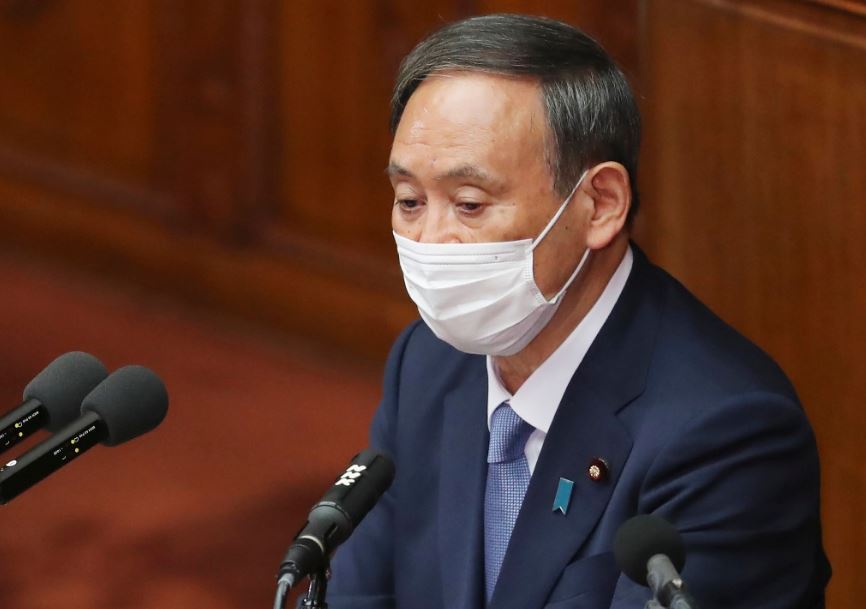

Japan will look at reducing greenhouse gas emissions beyond its current target for 2030 and lay out details next year on a carbon pricing scheme that won’t rule out a carbon tax, the environment ministry’s top bureaucrat said on Monday.
Prime Minister Yoshihide Suga on Monday instructed his environment and industry ministers to work on a plan next year to create a carbon pricing scheme, which will be part of efforts to meet his pledge to make Japan carbon-neutral by 2050.
Suga’s instruction will have “huge implications” as it makes the idea official government policy, Vice Environment Minister Tokutaro Nakai told Reuters in an interview.
“Both ideas will be on the table for debate next year,” he said, when asked whether the scheme would include a carbon tax and creation of an emissions-trading system.
“Carbon pricing must be designed in a way so it serves as a tool of Japan’s growth strategy,” Nakai said. Even if a carbon tax were to be introduced, it should be timed in a way that does not hurt the economy, he added.
Suga’s pledge to make Japan carbon neutral by 2050 brings it into line with the European Union. But Tokyo remains under pressure to take stronger steps towards a carbon-free society.
Japan stuck to its 2030 target of cutting emissions by 26% from 2013 levels in an updated plan submitted to the United Nations in March, drawing criticism from investors for being too weak in its resolve to combat climate change.
Nakai said Japan is discussing the possibility of setting a more ambitious target next year, as it succeeded in trimming emissions for six straight years.
Guest post from Reuters




